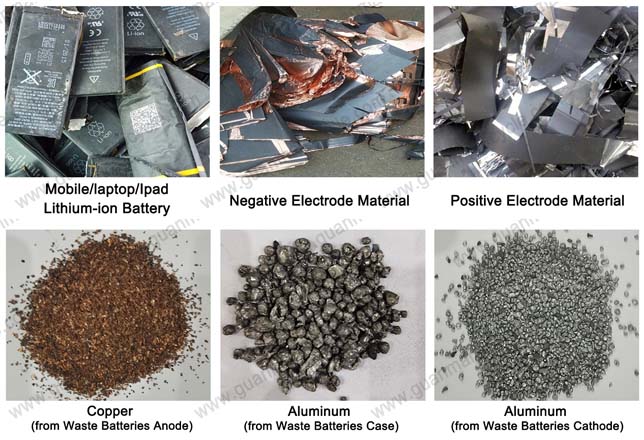In an era where sustainable practices have become the cornerstone of global economic and environmental strategies, the efficient recycling of lithium-ion batteries (LIBs) assumes paramount importance. With the exponential growth in electric vehicles, portable electronics, and renewable energy storage systems, the demand for LIBs has soared, generating a corresponding surge in end-of-life battery waste. Enter lithium-ion battery recycling equipment, a technological marvel designed to extract valuable materials, reduce environmental footprint, and foster a circular economy.
The Necessity of Lithium-Ion Battery Recycling
LIBs, though highly efficient and lightweight, contain critical raw materials such as lithium, cobalt, nickel, and manganese, which are finite resources with significant environmental and social implications in their extraction and processing. Moreover, improperly disposed LIBs can pose severe environmental hazards due to potential fires, toxic chemical leakage, and the release of greenhouse gases. Thus, lithium-ion battery recycling equipment is crucial for reclaiming these valuable elements, mitigating pollution, and conserving natural resources.

Advantages of Investing in Lithium-Ion Battery Recycling Equipment
Investing in advanced lithium-ion battery recycling equipment offers several compelling benefits:
Resource Conservation: Recycling enables the recovery of up to 95% of the valuable materials within LIBs, reducing the need for virgin mining and conserving finite resources.
Environmental Protection: By diverting spent LIBs from landfills and preventing potential environmental disasters, recycling significantly lowers greenhouse gas emissions, minimizes soil and water contamination, and supports compliance with stringent waste management regulations.
Economic Viability: The recovered metals can be resold at competitive prices, turning waste into a revenue stream. Furthermore, the growing demand for LIBs and the associated raw materials ensures a steady market for recycled products.
Energy Security and Sustainability: Recycling strengthens domestic supply chains, reducing reliance on imports and enhancing energy security. It also aligns with global sustainability goals, fostering a circular economy and supporting the transition towards clean energy technologies.


